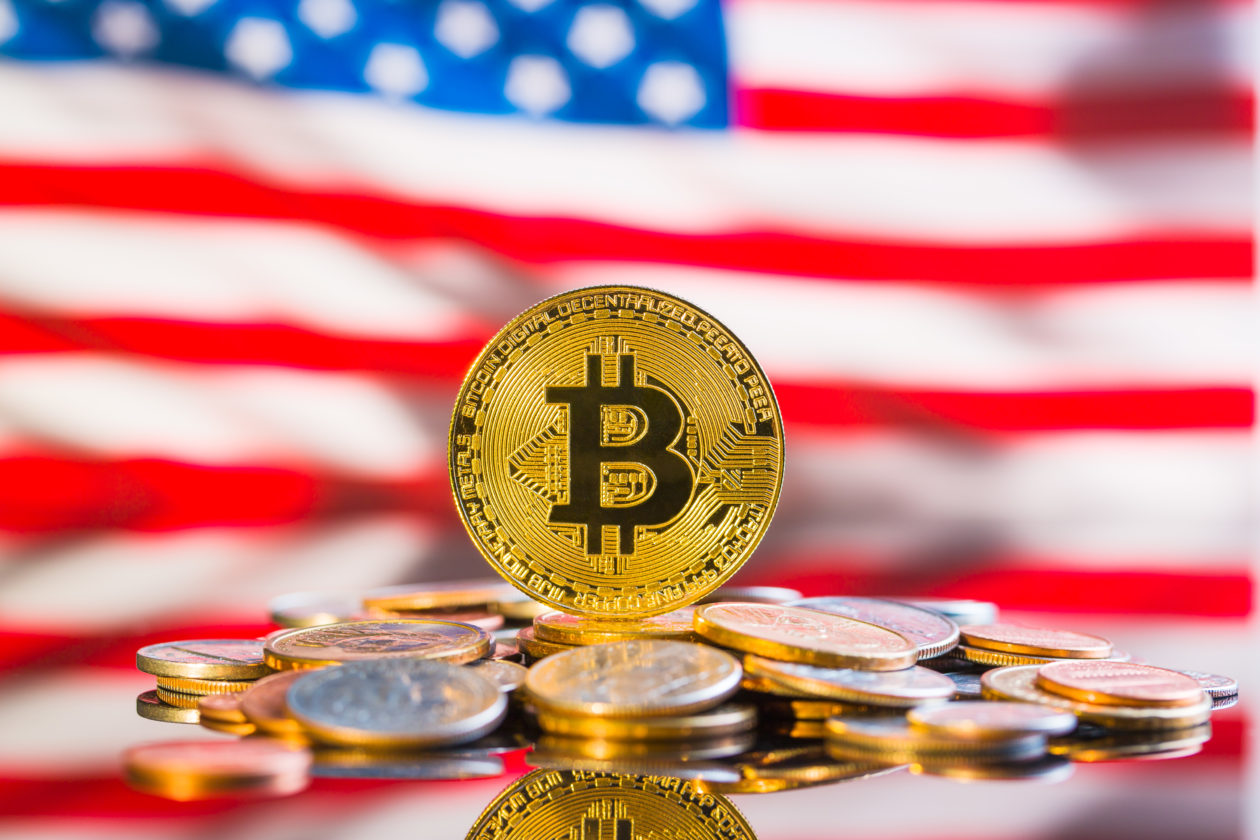A joint statement by U.S. financial regulatory agencies on Tuesday recognized the importance of the crypto-asset sector and outlined a plan for agency fast-tracking of policy goals in 2022. Thirteen years after the creation of the first cryptocurrency, the Board of Governors of the Federal Reserve System, Federal Deposit Insurance Corporation and the Office of the Comptroller of the Currency announced they are working together to develop clearer crypto-asset policy, particularly regarding stablecoins, which may pave the way for a U.S. central bank-backed digital currency.
Fast facts
- The agencies jointly stated, “As supervised institutions seek to engage in crypto-asset-related activities, it is important that the agencies provide coordinated and timely clarity where appropriate to promote safety and soundness, consumer protection, and compliance with applicable laws and regulations, including anti-money laundering and illicit finance statutes and rules.”
- Recently, the agencies conducted what they called “policy sprints” to find a common vocabulary and understanding for crypto concepts, identify risks, clarify where existing laws govern and where further clarity is necessary.
- The agencies further outlined a roadmap of areas where the government will work to issue further clarification in 2022, including crypto assets custody services, loan collateralization and the issuance and distribution of stablecoins.
- The joint statement “has less to do with monetary policy and more to do with regulation,” said William Luther, associate professor of economics at Florida Atlantic University, in an interview with Forkast.News. “It seems undeniable at this point that the Fed or other regulatory agency will regulate stablecoins and the Fed in this statement is supporting those efforts.”
- Luther said that reading between the lines of the joint statement there is a further possibility the Fed is preparing to launch a central bank digital currency, something Federal Reserve Chairman Jerome Powell said in March the U.S. has no “need to rush” to do. “It’s less clear that the Fed will issue a central bank digital currency, but it’s more likely that it will do that today than it was six months ago” based on the joint statement, said Luther. “If the Fed were going to issue a central bank digital currency, I would expect it to create a clear regulatory environment for private sector alternatives to that central bank digital currency prior to issuing its own asset.”
- Luther directs the Sound Money Project for the American Institute for Economic Research, a libertarian think tank. The members of the project are economists representing a range of views that conduct research on macroeconomic stability and financial privacy, he said.





